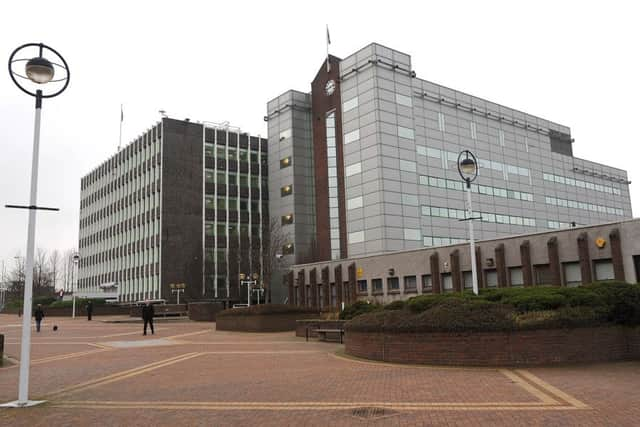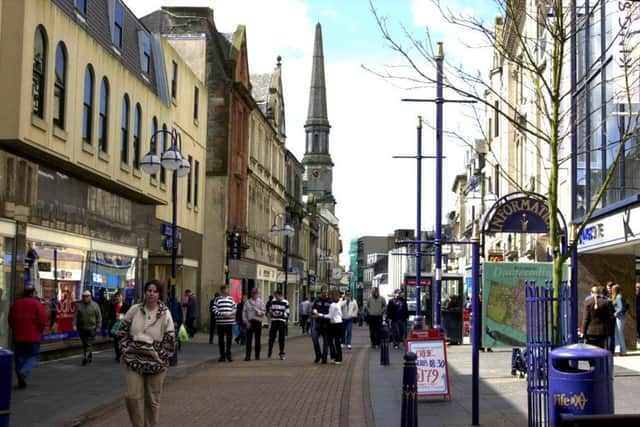Parties face off over schools ahead of Fife council election


Fife is also one of the most intriguing political battlegrounds in May’s council elections. While the SNP is widely expected to make gains - as it is across the country - a range of pressing local issues ensure that no party can afford to second-guess the outcome.
A housing boom centred around Dunfermline has transformed the west of the county since the turn of the century, with increasing numbers of Fifers commuting to work across the Forth in Edinburgh.
Advertisement
Hide AdAdvertisement
Hide AdConcerns over school capacities and transport links have intensified as a result. While the opening of the Queensferry Crossing should help alleviate the latter, the education problem is harder to solve.


A further 12,000 new homes in West Fife are planned over the next two decades, with current projections suggesting five high schools will reach capacity by 2021 as a result.
Fife Council is planning to rebuild three of the five but admits it currently lacks the money to do so.
Local authority representatives met with education secretary John Swinney before Christmas to raise the issue but deciding a way forward will be the responsibility of whoever takes charge in May.


“We’re looking to obtain additional funding through the Scottish Futures Trust, as we have with other schools,” said council leader David Ross.
“There are plans being developed in the short term to deal with the situation, but ideally we want to build new schools.”
The last elections in 2012 saw Labour form a minority administration at the council chambers in Glenrothes after winning 35 of the 78 available wards, a net gain of 11.
That was enough to dislodge the sitting SNP-Liberal Democrat coalition. Although the Nationalists increased their number of councillors to 26, a collapse in the Lib Dem vote ensured there would be no repeat of their power-sharing agreement.
Advertisement
Hide AdAdvertisement
Hide AdLabour, under Ross, will be looking to retain power when voters return to the polls on May 4, but the leader admits the party faces a strong challenge.
“I think we have a good record in Fife in looking after the local issues that matter to people,” he said. “We have overseen the biggest affordable house building programme in Scotland in the last five years.
“2012 was a high water mark for us,” he said. “It would be remarkable if we did as well this time.”
The SNP - under new leader Neale Hanvey - are confident they can emerge as the largest party this time around.
“We have a core support of people who were in favour of independence at the last referendum who will give us their vote because they feel passionate about it,” Hanvey said.
“But there are a lot of people who are not affiliated with any party or union - they are parents who have found out class room sizes are going up, or teaching staff have been cut, and they want someone to do something about it. Local issues in Fife will certainly feature in this election.”
